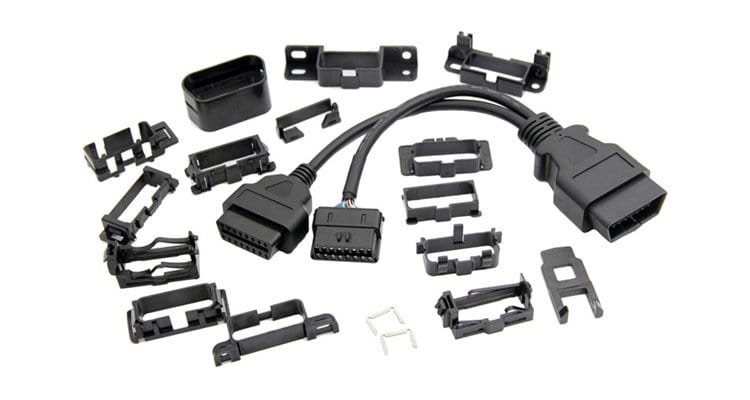The Complete Guide to OBD & OBD-II: How Your Car’s Diagnostic System Works
Introduction to Vehicle Diagnostics
If you’ve ever seen a “Check Engine” light illuminate on your dashboard, you’ve encountered your vehicle’s On-Board Diagnostics (OBD) system in action. Modern cars are essentially computers on wheels, and the OBD-II port serves as their diagnostic interface.
What Is OBD-II?
OBD-II (On-Board Diagnostics II) is the standardized vehicle diagnostics system required in all cars and light trucks sold in the United States since 1996 and in Europe since 2001. This revolutionary system:
- Continuously monitors your vehicle’s performance
- Detects malfunctions in emissions-related components
- Stores diagnostic trouble codes (DTCs) when issues arise
- Provides real-time data about your vehicle’s operation
Locating Your OBD-II Port
The 16-pin OBD-II connector is typically found:
- Under the dashboard on the driver’s side (most common)
- Near the center console (some Asian models)
- Inside the glove compartment (certain European vehicles)
Pro Tip: If you’re having trouble finding it, consult your owner’s manual or search online for your specific make and model.
OBD-I vs. OBD-II: Why Standardization Matters
Before OBD-II, vehicle diagnostics were a nightmare:
- Each manufacturer used proprietary systems
- Mechanics needed multiple expensive scan tools
- Diagnostic capabilities were limited
OBD-II changed everything by introducing:
- A universal 16-pin connector
- Standardized diagnostic trouble codes
- Comprehensive monitoring capabilities
Understanding OBD-II Protocols
While OBD-II standardized the connector, different manufacturers use various communication protocols:
- SAE J1850 PWM (Ford vehicles)
- SAE J1850 VPW (General Motors vehicles)
- ISO 9141-2 (Chrysler and many European/Asian vehicles)
- ISO 14230-4 (KWP2000) (Various manufacturers including Honda, Nissan, etc.)
- ISO 15765 CAN (All vehicles manufactured after 2008)
How OBD-II Benefits You
For Everyday Drivers
- Identifies problems before they become serious
- Helps maintain optimal fuel efficiency
- Provides valuable data about your vehicle’s health
For DIY Mechanics
- Reads and clears diagnostic trouble codes
- Displays real-time sensor data
- Performs system tests and resets
For Professionals
- Advanced diagnostics capabilities
- Emissions testing compliance
- Programming and module coding
Modern OBD-II Tools
Today’s diagnostic tools go far beyond simple code readers:
- Basic Code Readers (20−20−50) – Displays and clears trouble codes
- Bluetooth/WiFi Scanners (50−50−150) – Pairs with smartphones for advanced features
- Professional Scan Tools ($200+) – Full system diagnostics and programming
- Fleet Tracking Devices – Combines diagnostics with GPS tracking
Common OBD-II Applications
- Diagnosing Check Engine Lights – Identify issues from P0420 (catalytic converter) to P0455 (loose gas cap)
- Emissions Testing – Prepare for smog checks by addressing emissions-related faults
- Performance Monitoring – Track fuel economy, engine parameters, and more
- Vehicle Security – Some systems can alert you to potential tampering
FAQ About OBD-II
When selecting a diagnostic tool, consider:
- Your technical skill level
- The specific features you need
- Compatibility with your vehicle(s)
- Your budget
For most casual users, a basic Bluetooth scanner paired with a smartphone app provides excellent functionality at a reasonable price.
Final Thoughts
Your vehicle’s OBD-II system is like having a personal mechanic constantly monitoring your car’s health. Understanding how to use this powerful tool can save you time, money, and frustration when dealing with vehicle issues.
Whether you’re a curious car owner or an aspiring mechanic, investing in an OBD-II scanner and learning to interpret its data will give you valuable insights into your vehicle’s operation and maintenance needs.



